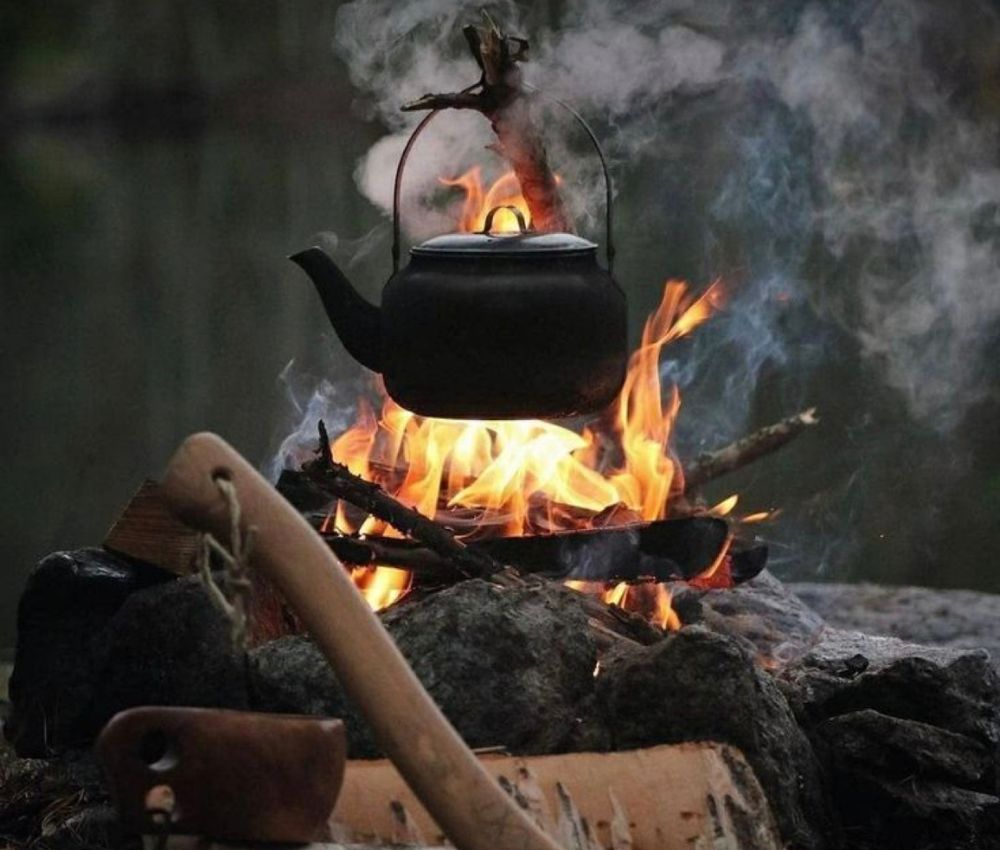Bridging Cultures of Collaboration

Well-being is an integral part of obtaining and maintaining equity when challenging the various status quos that are no longer serving.
Thanks for the turnout this week. Awesome!
In this cuppa session, we engaged in a thought-provoking discussion on equity, where we shared our stories of where equity has worked well or is currently working. A key takeaway was that well-being is an integral part of obtaining and maintaining equity when challenging the various status quos that are no longer serving. We discussed how people tend to feel good and experience a sense of fulfilment and belonging when equity is working.
We explored various examples of how equity is being achieved in different sectors through cross-sector co-leadership or responsiveness to the Te Tiriti o Waitangi - Treaty of Waitangi.
We noticed that a common catalyst for success in these areas is the way in which people prioritise asking questions such as “who gets to decide” and “how engagement will be conducted,” demonstrating where people are able to apply equity in their decision-making processes as they bridge cultures of collaboration.
We heard an example of how equity can be measured in various ways, such as by examining how funds are distributed against predetermined criteria. The NZ Deprivation Index was used as a gauge to measure the alignment of equity or inequity when deciding whether the distribution of funds was fair as one example. The distribution, in this case, may be equitable rather than equal.
Enabling people to act autonomously and to truly be creative using their own skills and talents was seen to enhance opportunities for innovative ideas to flourish.
This led to a discussion on how power dynamics and structures can impact on equitable outcomes and the importance of limiting power structures to enable cross-cultural collaborations. Both assist in creating abundance through shared knowledge systems and ways of knowing and being.
Overall, we recognised that equity is not a final endpoint but a continuous process that requires ongoing work.
Equity is not a utopian state either; rather, it’s fluid and dynamic in any given moment or exchange. Things that seemed to have more stability inside of systems change or community partnerships are the processes people are using to make sure these are equitable from the outset and along the way.
Our focus question for the next cuppa came from this discussion: What is the role and/or place of power in equity?
Mauriora,
The Walk Together Team

